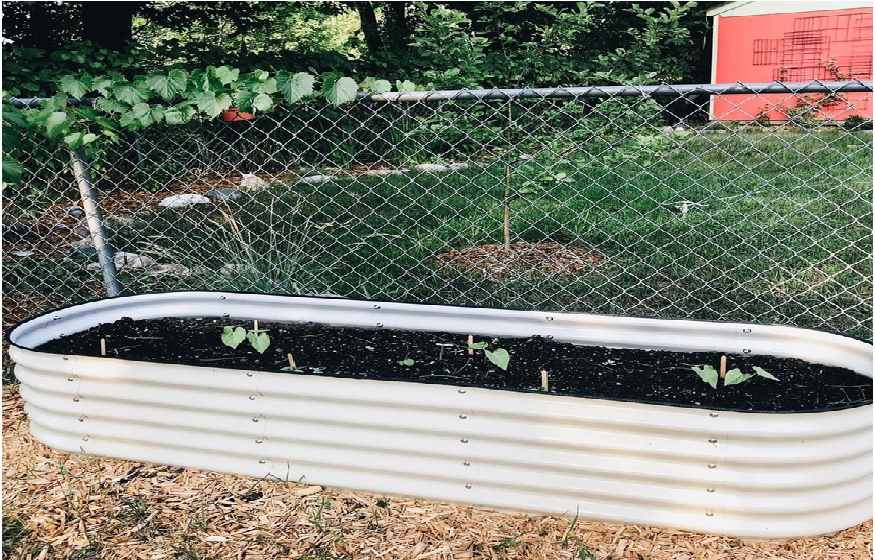Do you want to supplement the soil in your raised garden bed with the necessary nutrients? Well, many people make important decisions on the right nutrients for their garden beds without clearly understanding which plants require which nutrients. It’s not always true that other plants can thrive in the same conditions as one plant just because it grows well there. Therefore, you must conduct thorough research on the species to determine which environment is ideal for them and how to build your planter raised beds to make them suitable for vermicomposting.
In order to introduce worms to your raised garden bed, the same rules apply. To supply the plants with the necessary nutrients, many worms must be killed. When maintained alive, most worms consume decomposing organic waste. Moisture, in turn, feeds this food. Consider vermicomposting for your above-ground gardening boxes once you have determined what worms are best for your soil.
Why should you consider adding worms to your raised garden bed?
Your raised garden bed will benefit greatly from worms. They are a fantastic concept for boosting the soil’s nutrient content. The earthworms can produce vermicompost, which is a byproduct of their excretion. Plants can grow quite well in this vermicompost. The worms can mix soil and eat organic material. They also improve air circulation when they wander about in your garden area. The roots can now spread out across the soil thanks to vermicomposting.
Worms lessen soil compaction as well. By breaking up the soil, they aid in reducing soil aggregation. This increases their capacity to absorb water and offers great drainage for plant growth. Additionally, worms are capable of lifting soil nutrients. As a result, the soil is more nutrient-rich. They can balance the pH of the soil, creating ideal conditions for plant development. Microbial organisms can grow more rapidly when worms are present. Because soil promotes the growth of nitrogen-fixing bacteria, soil fertility is also increased. Additionally, these worms can be fed to a variety of house pets.
How do you introduce vermicomposting to your garden bed soil?
Worms can be manually added to your raised garden beds after being purchased from the market. You only need to create the right conditions for them to appear if you don’t want to deal with the inconvenience of adding them to your garden area. You can experiment with adding cornmeal to certain areas of your garden space and combining cornmeal and topsoil with a shovel. To maintain a high moisture level at all times, water the areas. Too much moisture should be avoided, too, as it may harm the plants. Bacteria will start to grow there in 30 days. This will encourage worms to enter the soil and start the vermicomposting process.
And here is how using worms can improve the soil’s nutrient content. Connect with us for more information on vermicomposting and suggestions on using raised garden boxes for growing plants.



